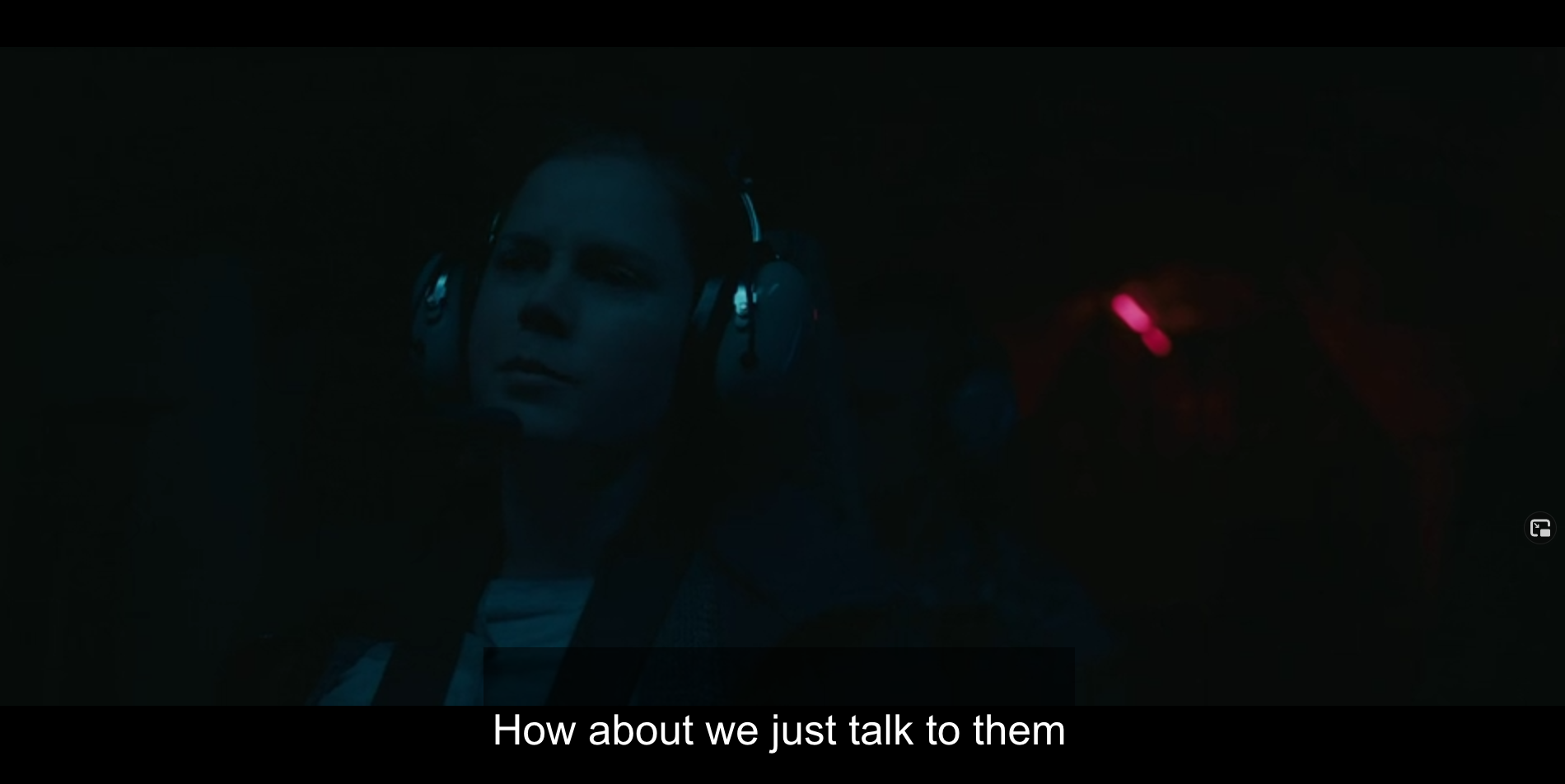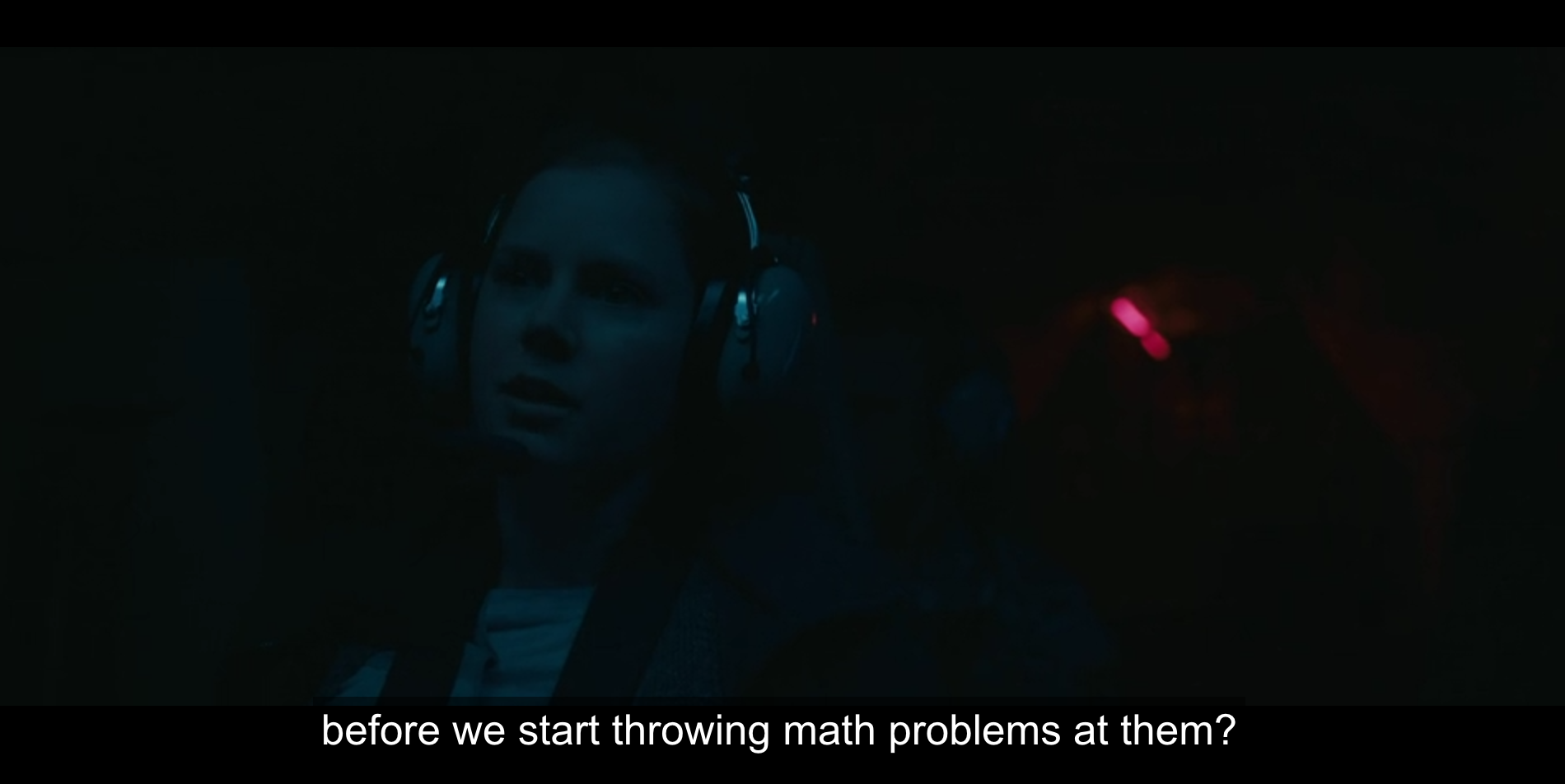10 Getting help is normal!
Written by Michael Chong and last updated on 7 October 2021.
10.1 Introduction
This section is to act as a reminder that running into problems is expected! Learning R (or any programming language) can be difficult. Everyone gets stumped at some point. When this happens, looking for solutions from peers, mentors, and the Internet is a normal (and very frequent) part of programming!
In this lesson, you will learn:
- that for nearly everyone, programming it doesn’t look like it does in the movies
Prerequisite skills include:
- None!
10.2 Learning R
Learning a programming language really is like learning a new language! Here are some ways I think that they’re similar:
Learn by using. We’ve tried to make this resource rich with examples, but combining all this knowledge of functions and libraries to achieve your intended task will be a unique challenge! It’s also easier to learn concepts in the context of your specific goal, rather than learning them in the abstract.
Frequent and regular practice really helps! If you’ve ever tried to speak a new language, you’ll know that it’s an uphill climb if you’re not using it frequently.
Everyone’s learning experience is different. Some people are really quick at picking up languages, but most of us aren’t. Take it at your own pace.
Knowing one language can make it easier to learn others. There are a lot of similarities between programming languages, especially if they’re similarly designed and used for similar goals.
Perfection is the enemy (and unnecessary!). You don’t need to know everything about a language to say what you want to say! Similarly, you don’t need to know everything about R to accomplish your goal. Think about what you want to do, and look stuff up along the way.
Learning alone is miserable! Just as you need to talk with others to really learn a language, learning R is also a social experience! Asking for help and looking for resources will be part of learning and using R.


Amy Adams in Arrival (2016).